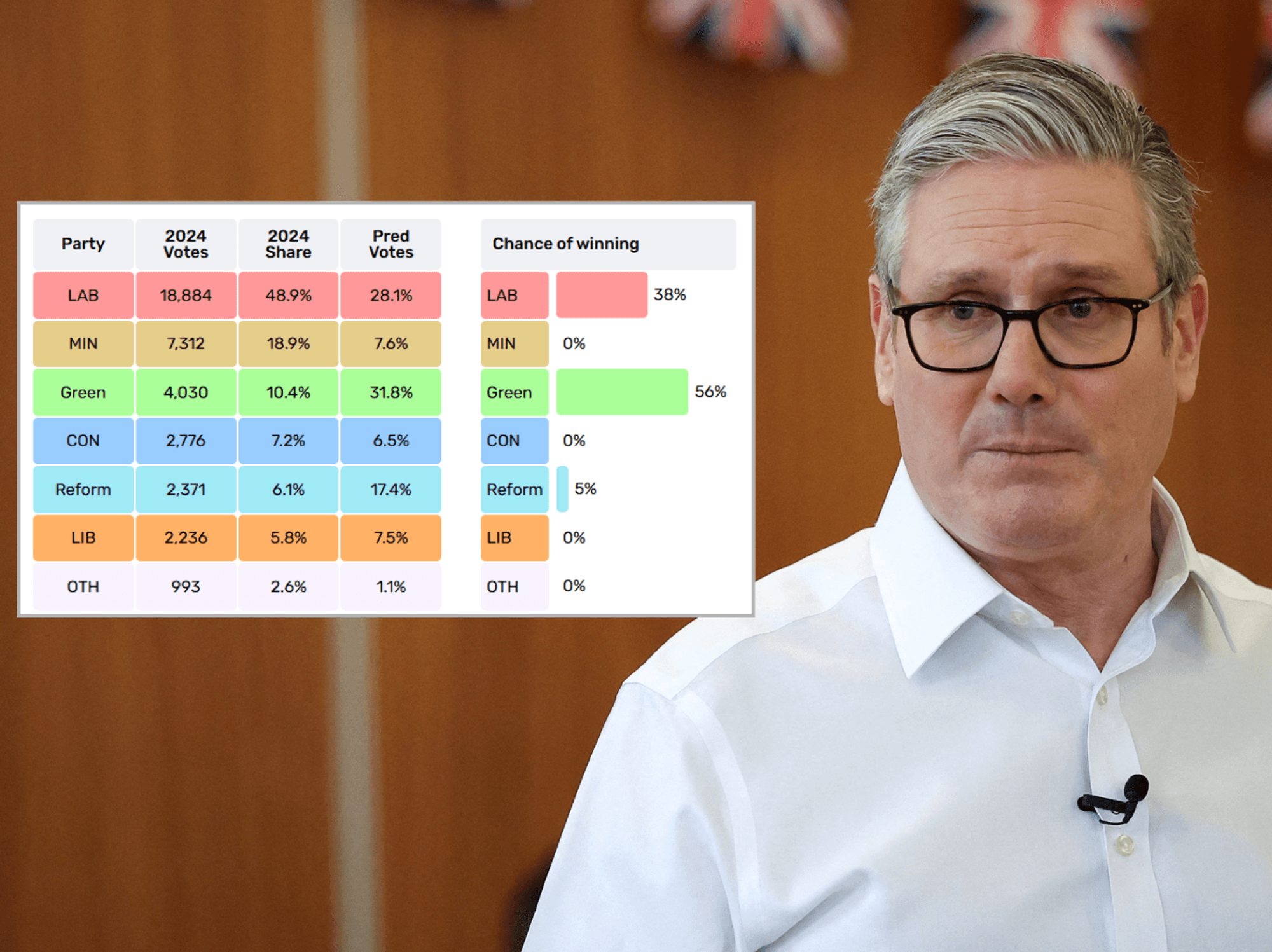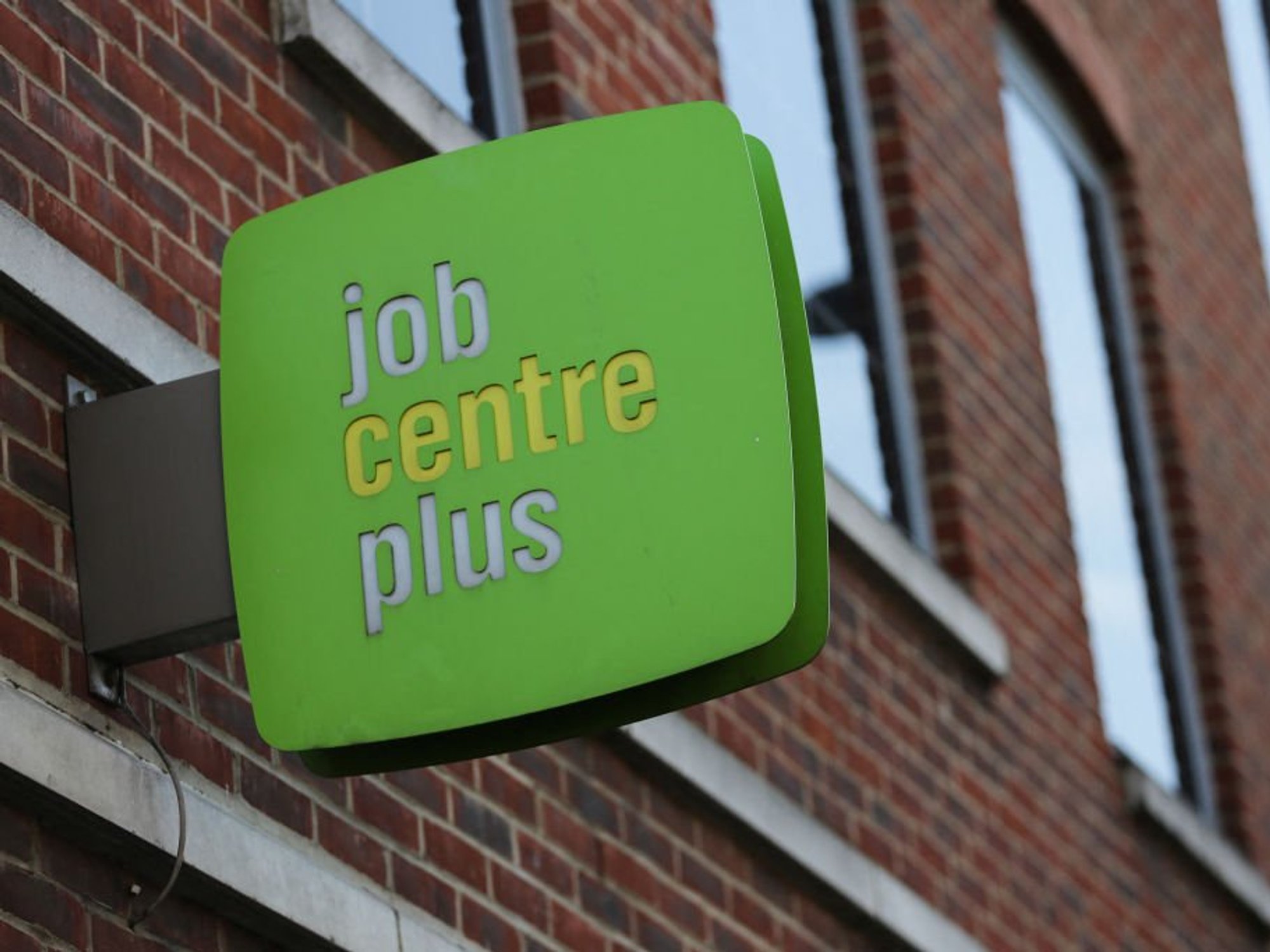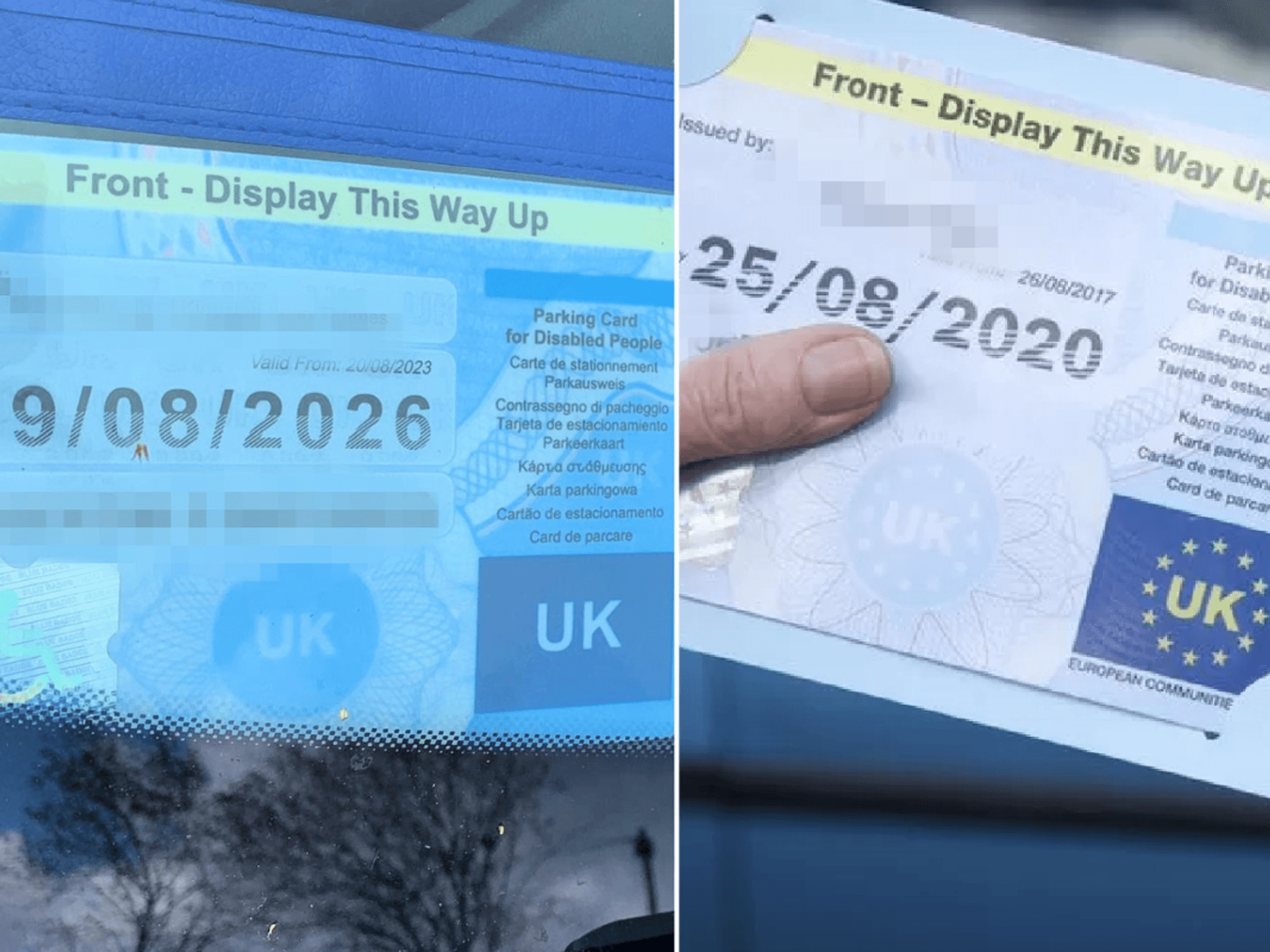Petrol and diesel drivers face filling station chaos as fuel prices remain too high for British motorists
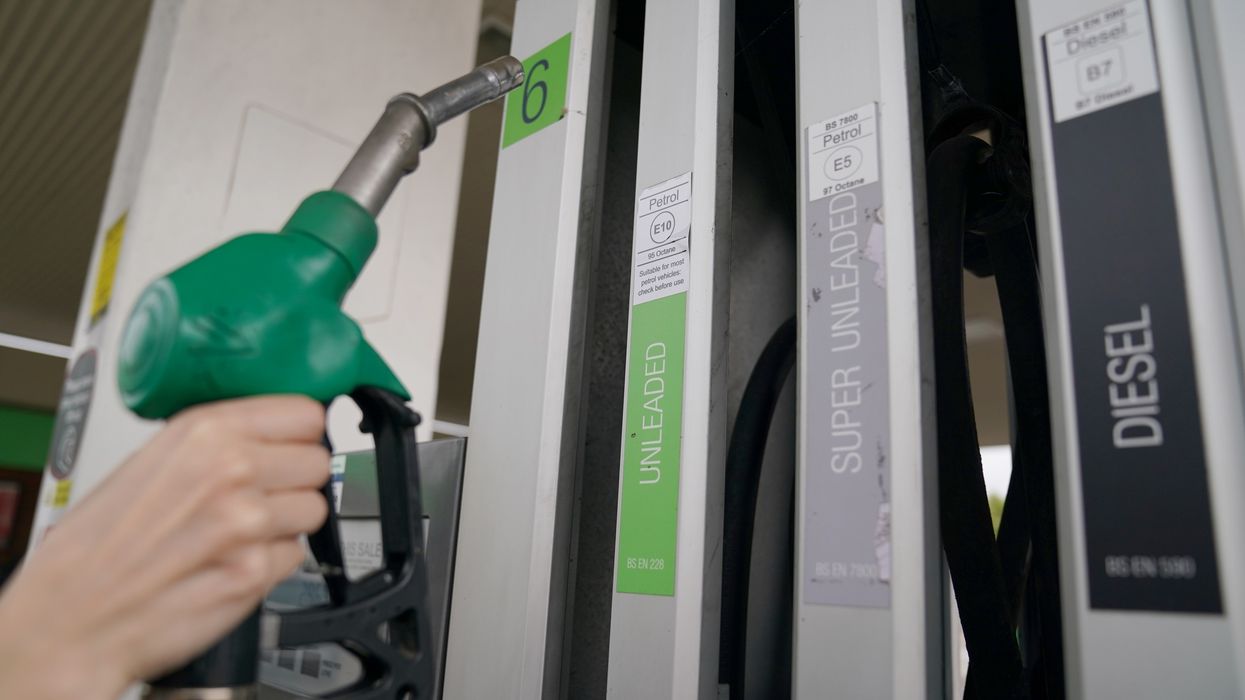
New data has found that petrol prices should be at least 4.5p cheaper
| PA
Drivers in Northern Ireland see far lower prices than in England, Scotland and Wales
Don't Miss
Most Read
Latest
Drivers heading to the pumps this week will finally experience lower costs as fuel prices fell for the second straight month, but experts are warning that they are too expensive.
New data from RAC Fuel Watch shows that while fuel prices did fall, people paying for petrol and diesel are not seeing big enough price drops, with drivers calling for action.
At the end of June, diesel dropped to under 150p for the first time since early February, while petrol has fallen from 148p at the start of June to just under 145p a litre.
It means that the average family car, with a 55-litre engine, will now cost £79.76 to fill up for petrol and £82.57 for a diesel equivalent vehicle.
Do you have a story you'd like to share? Get in touch by emailing motoring@gbnews.uk
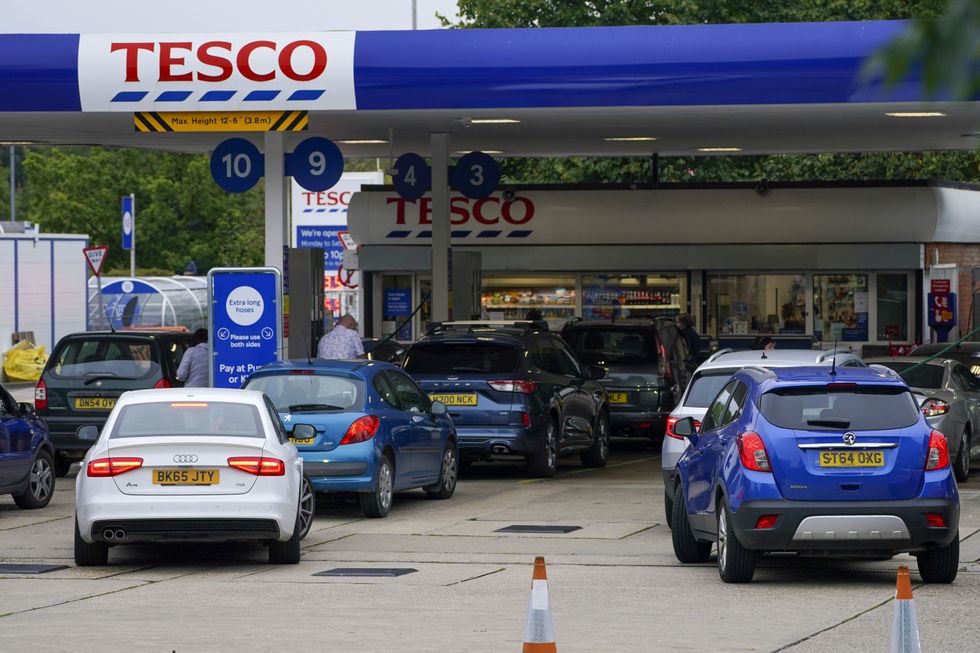
Supermarkets have cut costs over the last month after being accused of profiteering
| PAThe cost of oil worldwide has risen by around $6 (£4.76) since the start of June, but experts from the RAC say petrol and diesel at forecourts around England, Scotland and Wales are still too expensive.
After being targeted by experts and drivers last month, the big four supermarkets - Asda, Morrisons, Sainsbury's and Tesco - have all cut prices by an average of four pence per litre for both fuels.
The difference between the cheapest and most expensive supermarket forecourts ranged from just 6p at Tesco sites and a staggering 35p for petrol at Asda.
Simon Williams, head of policy at the RAC, said it was good news for drivers that prices had fallen but there was still a "bad taste" in people's mouths because of the much lower costs in Northern Ireland.
He added: "This month’s Fuel Watch report also reveals just how expensive fuel is when bought at forecourts owned and run by oil giants Shell and BP.
"We remain baffled how the very same fuel can be sold for such vastly different prices by the biggest retailers, whether they’re run by supermarkets or the world’s largest oil companies.
"It’s also the case that while oil has increased from under $80 (£63.36) at the start of June to the mid-$80s (£67.32) by the end, wholesale costs are still low enough to merit cheaper prices at the pumps."
He estimated that petrol prices should be around 4.5p per litre lower across England, Scotland and Wales, while diesel should also be 8p less.
The report also found that drivers in Northern Ireland are also the only ones benefitting from fair prices. On average, petrol costs 140.5p and diesel is 142p - an impressive 8p per litre less than the rest of the UK.
Northern Ireland has offered drivers the chance to see their local petrol and diesel prices through the Consumer Council's Fuel Price Checker, which has also increased competition among retailers.
For example, Strabane has the cheapest average petrol price at just 137.3p per litre, while filling stations in Omagh and Coleraine sell diesel for just 139.8p per litre.
There have long been calls for the UK Government to introduce a national PumpWatch scheme to help drivers know where the prices are lowest in their local area, boost competition among retailers and help motorists save.
LATEST DEVELOPMENTS:
- Revolutionary electric car battery can charge EVs in less than five minutes and last 600,000 miles
- Car insurance prices finally dropping but drivers issued renewal cost warning - 'Consider all options!'
- Major car brand to discontinue petrol and diesel cars next year to move towards new electric vehicles
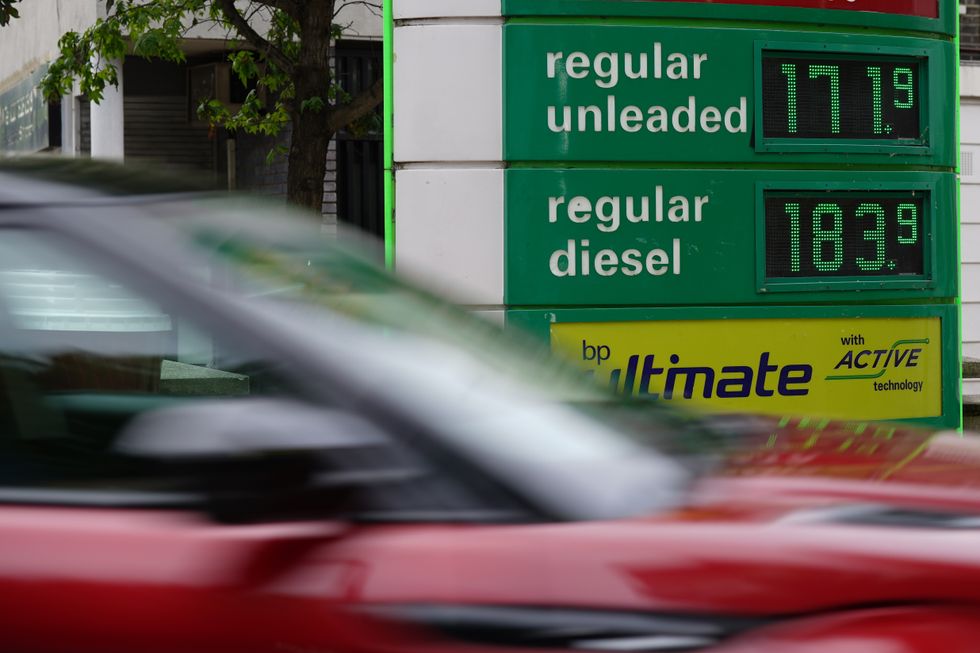
Experts have continued to call for a nationwide fuel price checker
| PAWilliams continued, saying that the new Government and the Competition and Markets Authority should get involved to introduce PumpWatch as soon as it is viable.
Multiple political parties have pledged to launch PumpWatch if elected, including the Conservatives who first announced the plans for the scheme.





